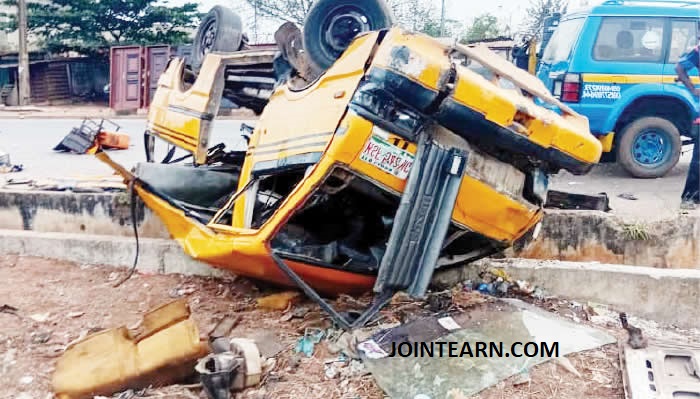In a harrowing attack, Boko Haram insurgents killed at least two vigilantes and 10 firewood fetchers in Borno State, northeast Nigeria, marking another wave of violence that continues to plague the region. The attack occurred in the early hours of Thursday, April 24, 2025, in the rural areas of the state, as part of the ongoing conflict between the Nigerian military and the extremist group.
Boko Haram fighters stormed the village of Mafa, located on the outskirts of Maiduguri, the state capital, and ambushed a group of local vigilantes and firewood collectors. According to security sources, the insurgents specifically targeted the two groups, who had been carrying out daily routines in the area.
The vigilantes, who are often local civilians armed by the military to protect communities against insurgent attacks, were guarding the area and providing support to military operations. Their role has become increasingly vital as security forces grapple with the persistent insurgency in Borno and other northeastern states. Tragically, two of these vigilantes lost their lives in the ambush.
The firewood fetchers, mostly women and children, were also targeted by the attackers. These civilians, primarily from nearby villages, venture into the forests around Mafa to collect firewood, a crucial resource for cooking and heating in these rural areas. Ten of them were killed during the attack, leaving many other villagers in fear for their lives as they go about their daily activities.
Eyewitnesses described the attack as swift and brutal. “The insurgents arrived on motorcycles, shooting anyone they saw,” one witness, who requested anonymity, reported. “They targeted the firewood collectors, shooting them on the spot. The vigilantes tried to fight back, but the attackers outnumbered them.”
The attackers also set fire to several homes and looted food and supplies before retreating into the dense forests surrounding the area. While the military quickly deployed forces to the scene, the insurgents had already disappeared into their strongholds, making it difficult for security forces to mount a quick counterattack.
Borno State, which has been at the epicenter of the Boko Haram insurgency for over a decade, continues to suffer from the devastating effects of the conflict. The attack on the vigilantes and firewood fetchers is yet another reminder of the daily risks faced by ordinary civilians in the region. Despite efforts by the Nigerian government and its military to combat the insurgents, Boko Haram continues to launch sporadic attacks, often targeting vulnerable communities in remote areas.
The Nigerian military has made progress in reclaiming territory from Boko Haram in recent years, but insurgent groups have shifted their tactics, resorting to guerrilla warfare and ambushes. This has made it increasingly difficult for security forces to maintain control over all areas, particularly in the dense forests where Boko Haram fighters often hide.
Humanitarian organizations have expressed concern over the safety of civilians in Borno and neighboring states. The United Nations Office for the Coordination of Humanitarian Affairs (OCHA) has warned that the insurgency is exacerbating an already dire humanitarian crisis. Thousands of people have been displaced from their homes, and many are living in makeshift camps with limited access to food, water, and medical care.
The latest attack highlights the vulnerability of those living in rural areas, who often lack access to adequate security and support. While local vigilantes play an important role in filling the gap left by the Nigerian military, they too are exposed to the dangers of insurgent attacks. The firewood collectors, often women, children, and elderly people, also face increasing risks as Boko Haram fighters continue to target them.
In response to the attack, Borno State Governor Babagana Zulum condemned the killings and expressed his condolences to the families of the victims. He pledged to continue supporting the military in its efforts to eliminate Boko Haram from the region and restore peace to affected communities. However, Governor Zulum also acknowledged the challenges faced by both the military and civilians in combating the insurgency.
The latest violence comes as the Nigerian government faces growing pressure to improve security in the northeast and address the humanitarian needs of displaced communities. The international community has called for increased support for the victims of the conflict, as well as for efforts to address the root causes of the insurgency, including poverty, unemployment, and the lack of access to education and healthcare.
As the situation in Borno continues to deteriorate, many are left wondering when, or if, peace will ever return to the region. With each attack, Boko Haram tightens its grip on the lives of civilians, and the need for a comprehensive solution to the insurgency has never been more urgent. The Nigerian government, military, and humanitarian organizations must work together to address both the security and humanitarian crises that continue to devastate northeast Nigeria.












